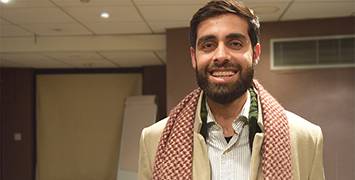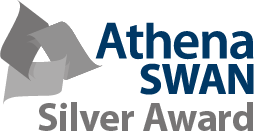Why is our Restorative Dental Practice MSc ideal for young dentists, especially during the pandemic?
13 October 2021
Deputy Programme Director Neil Nathwani explains how our prestigious three-year Restorative Dentistry programme can help young dentists gain confidence, enhance their skillset, and address gaps in their knowledge of restorative dentistry.
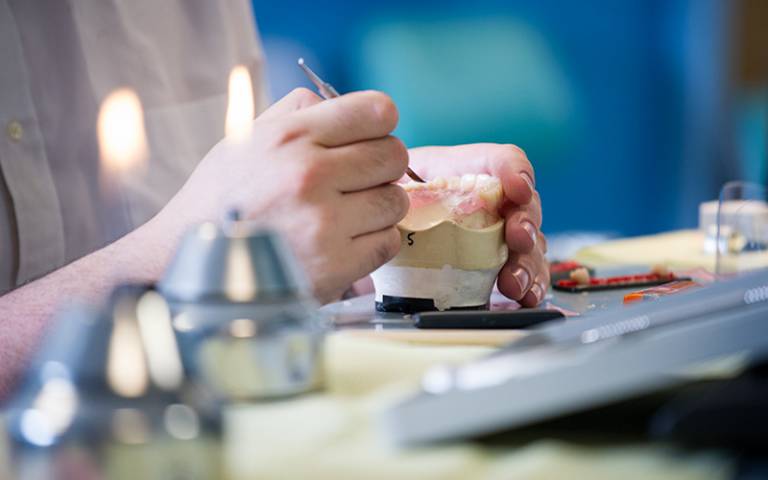
By Neil Nathwani, Deputy Programme Director, Certificate Level of the Restorative Dental Practice MSc, Specialist Prosthodontist
Newly qualified dentists are being trained to be ‘safe beginners’ when they qualify as dental practitioners, and it is not uncommon for them to wish to have been given more clinical exposure when they were dental students. This is even more acute due to the COVID-19 pandemic which has invariably reduced dental students’ clinical exposure before they qualify as dentists.
They usually then commence a one-year Dental Foundation Training. This is the newly qualified dentist’s first year in practice, where they practise under a mentor. After this brief period of training, many will then be on their own, fending for themselves in the real world of independent practice. Many colleagues at this stage of their career perceive a lack of confidence in the many facets of clinical practice.
Our prestigious three-year Restorative Dentistry MSc programme is designed to help our colleagues gain confidence and enhance and underpin their skillset.
This part-time Master’s programme is delivered in three flexible stages beginning from the basics, addressing gaps in their knowledge of restorative dentistry, with students developing their skills and expertise as they work their way up the ladder through the a) Certificate, b) Diploma and then c) the MSc stages of training.
Throughout the programme, in addition to problem-based learning, students receive support in clinical case mentoring from experienced practitioners. In an open and supportive learning environment - with others in the same boat - students’ understanding and acumen of restorative dentistry and confidence in delivering complete patient care are raised to the Master’s level, through the close support curriculum of study.
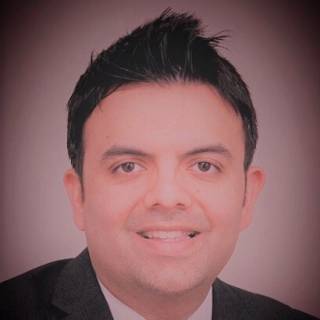
During this year, students are closely supported and nurtured into the learning environment through small teaching groups with a high staff to student ratio. Students receive personalised feedback regularly in a relaxed learning environment congenial for the development of their skills in restorative dentistry.
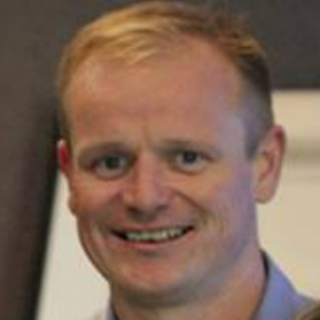
During this year students build on the skills acquired during the first (Certificate) stage of the programme, focusing on more complex procedures so that they can provide high quality comprehensive restorative treatment of patients.
Students are led through this phase of learning closely supported, reinforcing their confidence, and developing their competence. They keep a clinical logbook of cases, which, as they apply the skills they’ve learnt in their clinical practice, allows the tutors to oversee and deliver bespoke feedback on the learning process.
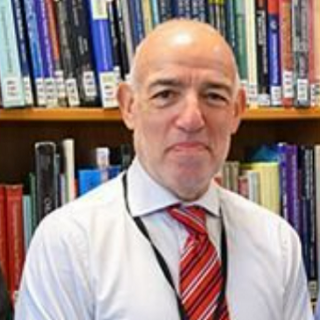
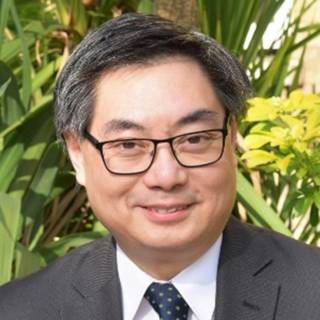
This part-time programme has been designed to allow students to continue to practise dentistry full-time in a primary care environment, and to translate newly acquired skills and understanding directly to patient care in a nurtured and seamless manner for the benefit of the patients.”
Professor Albert Leung, Director of the MSc in Restorative Dental Practice Programme
We look forward to welcoming you to our MSc in Restorative Dental Practice Programme.
 Close
Close


